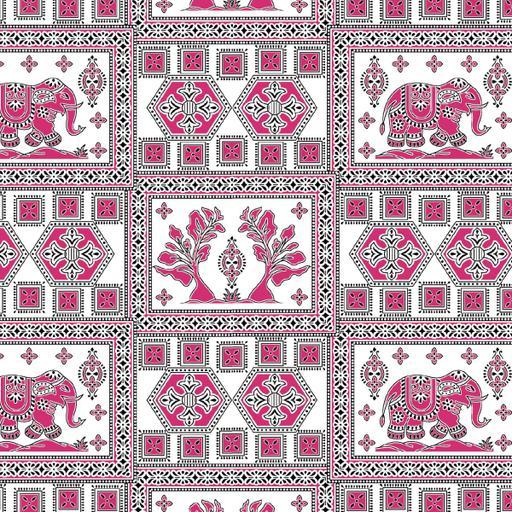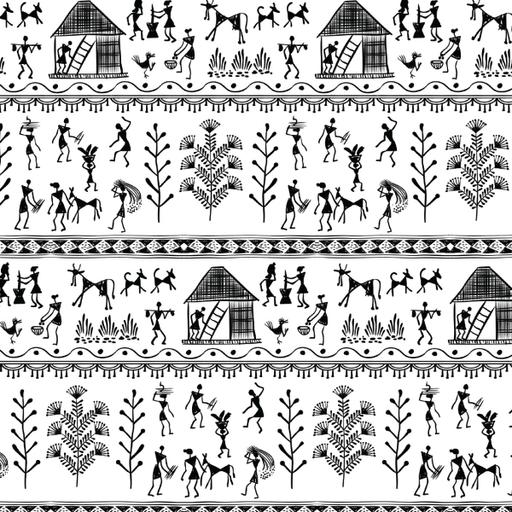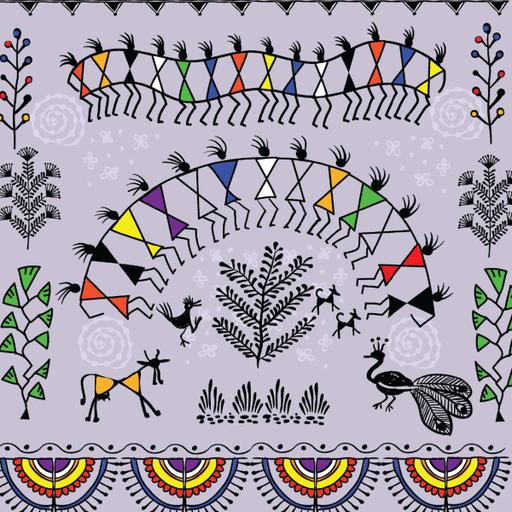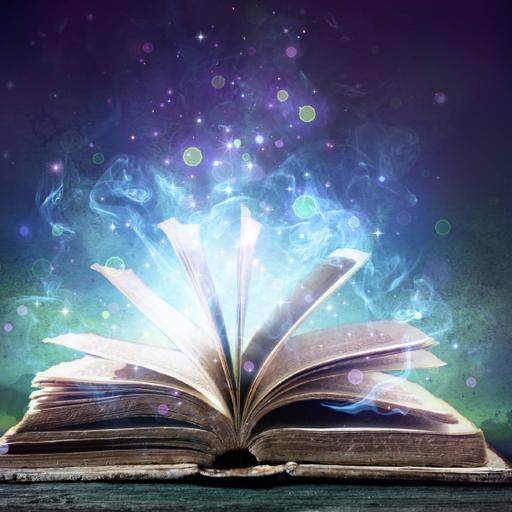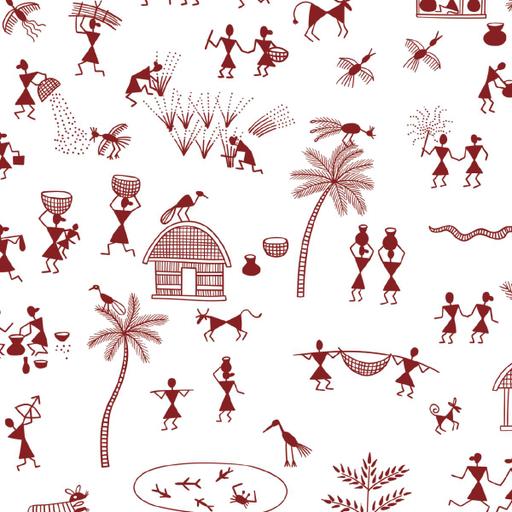Literature & Culture
In this case, the term "literature" refers to literature written in a foreign language. It can be defined as written texts of artistic value, which includes the conventional literary genres of poetry, fiction, and drama as a starting point. A broader notion of literature is required to reflect the wider cultural horizon of text mediation, in addition to the 'canon' of culturally and literary approved texts. As a result, nonfiction narratives like diaries, memoirs, and letters, as well as children's literature and folklore narratives, are included. Literature must be viewed as a social and communicative system as well. The major four sectors are production, distribution, reception, and processing of literary texts and other literary products, and this broad idea allows for a much more factual description of acts that are undertaken in the field of literature. It provides a foundation for understanding literature as a collection of more or less social actions that may be learnt and developed as literary competencies. Because culture is a broader notion than literature, it will be discussed in this context in terms of its relationship to literature, i.e. as a combination of the two. It is understood as a part of a distinct foreign civilization, and hence specifics of the foreign culture are mediated by learning about the social, historical, linguistic, and other cultural applications in literary writings. It's also worth noting that not all culture and literary courses are taught in the target language in foreign language environments.
